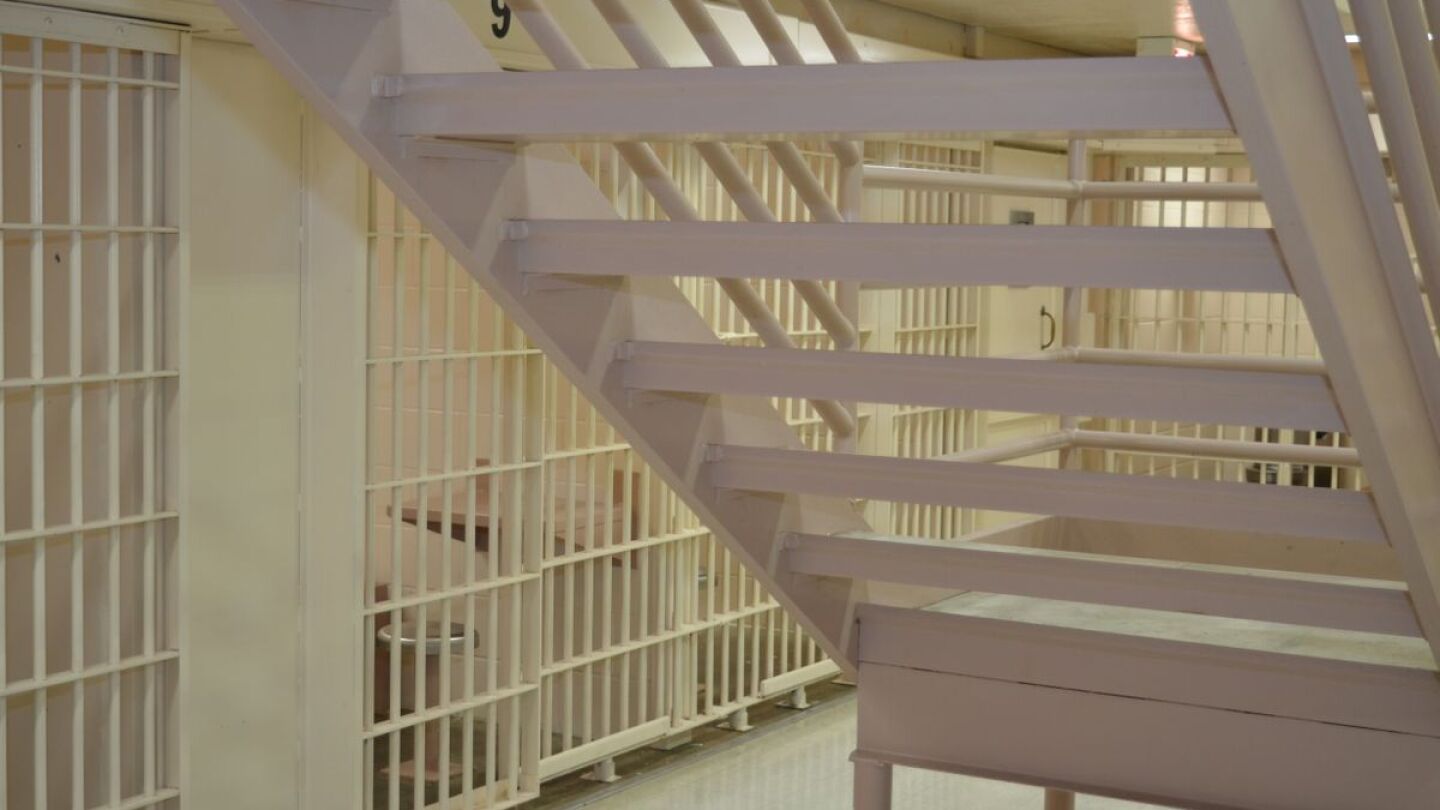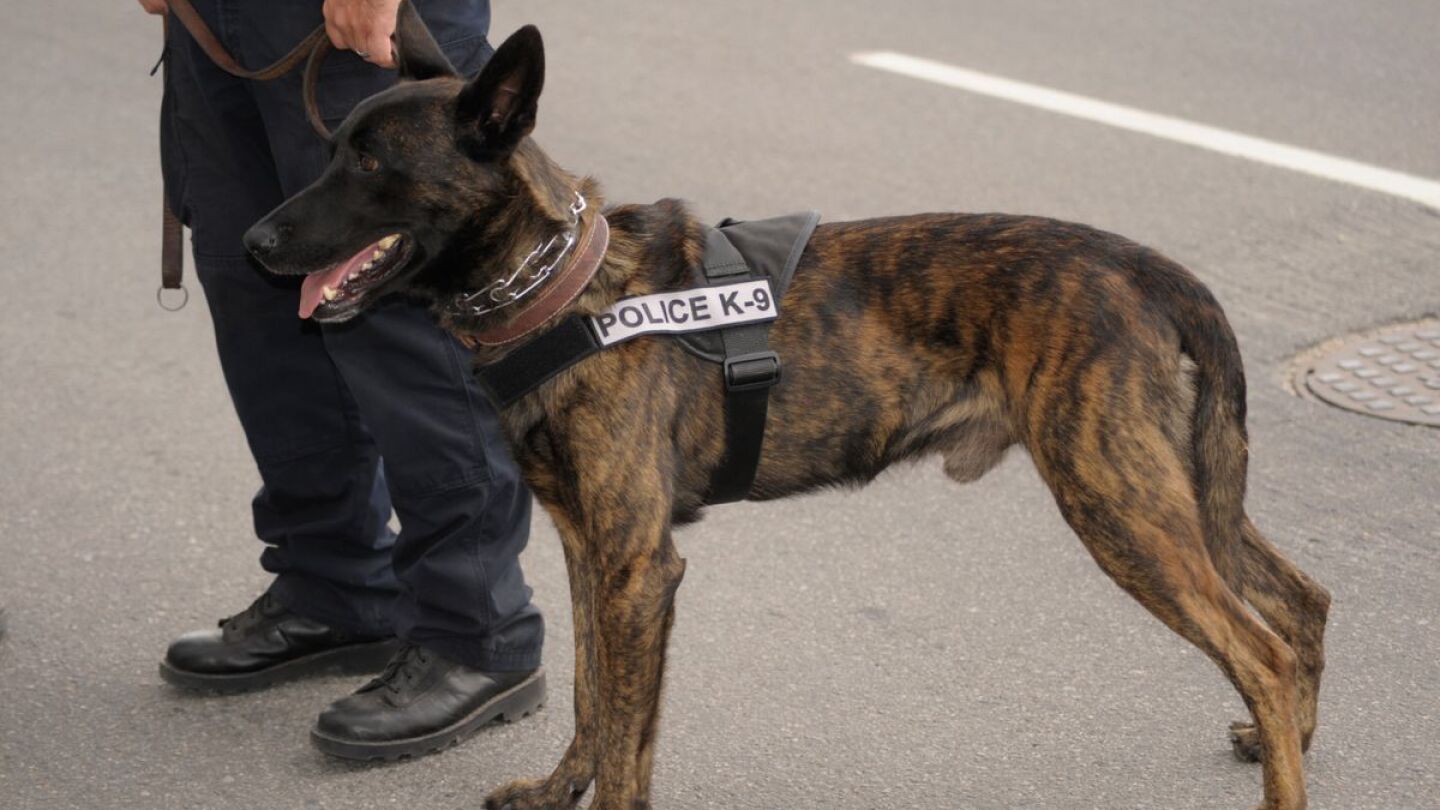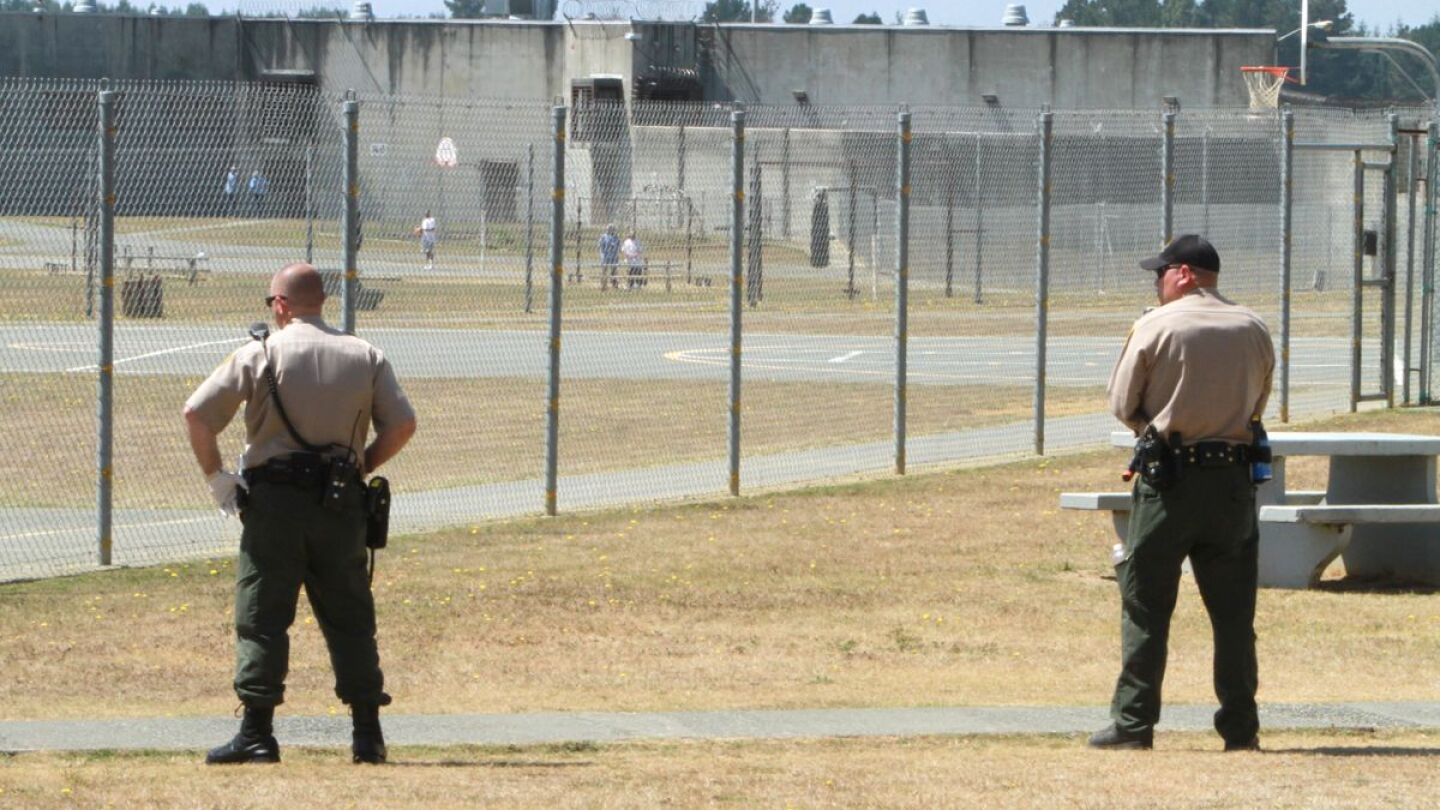Corrections Training
Corrections training is essential for equipping staff with the skills and knowledge to manage inmates effectively and maintain facility security. This directory offers articles on various training programs, techniques, and best practices within the correctional system. Proper corrections training ensures that officers are prepared to handle the challenges of their roles, promoting safety and professionalism. Explore our section on additional career development resources.
Proactive intelligence on security threat groups can prevent violence, reduce contraband and protect staff and inmates
Real-world stories of inmate ingenuity highlight the importance of ongoing training to prevent manipulation and contraband smuggling
Learn why outcome-based leadership is crucial for making meaningful changes in your agency and community
Snyder County Prison has to “think outside the box” to bolster staffing and fill vacancies
The experiments in the 60s and 70s involved administering doses of pesticides and herbicides to the incarcerated men
48 new COs are deploying to corrections facilities throughout the state
The book is about Richard Van Wickler’s life experiences and includes tips on de-escalating aggression
List ranks occupations by level of stress, driving home the importance of hiring responders who can remain calm during high-stress situations
Newly graduated CO, Joshua Kubel, continues a family tradition of service started by his grandfather
Nearly half of the class of new COs are military veterans or reservists and completed “12 weeks of rigorous training”
Our experts address how short staffing, training cuts and a lack of stress management impact correctional officers and facility security
When you take stock of your performance levels and the factors that are affecting them, you can make adjustments where needed
The Orange County Juvenile Hall has a new gym, auto shop and classrooms to reflect the incentive-based approach to teaching juvenile inmates coping skills and trade skills
Alternatives to Violence Project workshops teach peaceful methods of conflict resolution and help participants build leadership skills
Are you situationally aware enough to know if this is happening to you or one of your colleagues?
When the alarm is sounded, there is an impulse to drop everything and respond at warp speed, but there must be some type of structure to the response
The builder, who learned his trade while incarcerated for 25 years, crafts the libraries for state prison dorms
Arrestee claims it was improper to use a K-9 to assist in a cell extraction because as a patrol dog, it was not trained or certified in forced cell extraction
Taking a “wait and see” approach or assuming the officer will improve on their own sends the message that the behavior is acceptable
The equipment allows 360-degree views of an imaginary world in two or three dimensions for shared adventures between kids and incarcerated parents
The corrections world is changing – have you equipped your people to change with it? What can happen if you don’t? Investing in stronger leaders can save facilities big in the long run. Learn how Excelerated Leadership Partners’ unique approach can benefit your system
They are meant for daily and critical decision-making and apply to officers, supervisors and managers in patrol and special operations
Corrections officers, our protectors, need your interest, research and compassion just as much as the infamous predators and anonymous inmates they protect us from
Forenza Rakeem Murphy, 31, escaped nearly two months ago from a Connecticut Department of Corrections halfway house
Je’Leslie Taylor, 50, was doubted when she said she would be a warden one day, but she proved everyone wrong.
The embarrassing chain of events surrounding the escape of Porfirio Duarte-Herrera has put a spotlight on chronic staffing shortages at Nev. prisons
PREA criminalizes any sexual relationship between correctional officers and inmates because of the “imbalance of power”
Call sheets, mock drills and suspicious package training can help your personnel deal with threats effectively
The FBI’s Philadelphia field office was holding explosives response training for law enforcement partners at SCI Phoenix at the time of the incident
There is a relationship between radio placement and the potential for officer injury during a violent encounter with an inmate
Humility isn’t about being vulnerable and allowing inmates to walk all over you. It’s about the constant quest to improve yourself and learn new things
This free educational enrichment program helps correctional officers re-envision their lives and their work environment
Court ruled a jury could find that punching the inmate in the face and applying pressure to her neck, back and legs after her resistance was controlled was excessive






























